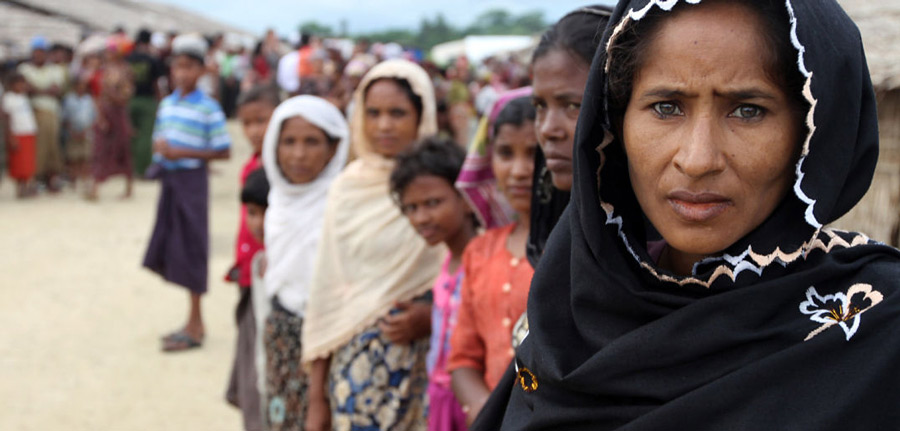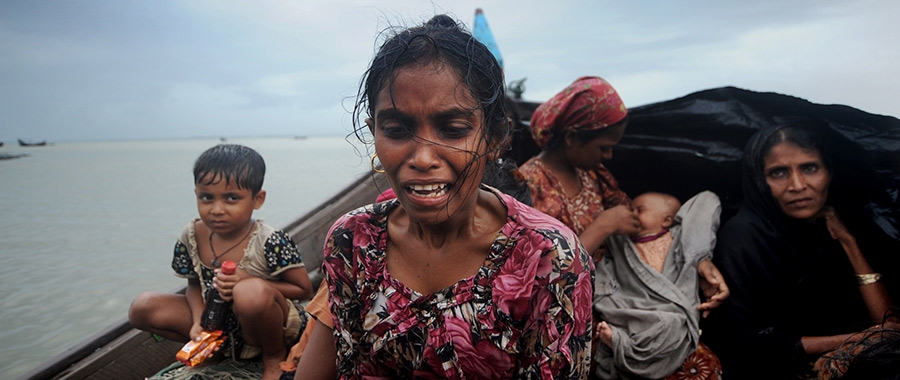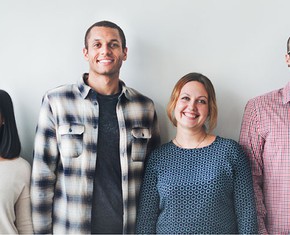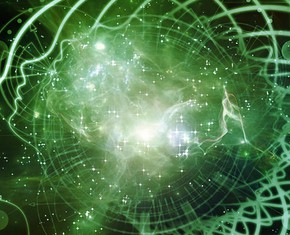The views expressed in our content reflect individual perspectives and do not represent the authoritative views of the Baha'i Faith.
During the past two months, 600,000 Rohingya Muslims have fled violence in Myanmar. Whether you call it genocide, ethnic cleansing or just war, it must stop. But how?
Recently, I made the following comment about the killings of the Rohingya people: “Until we believe that ALL forms of prejudice, any kind of “I am better than you because …” is wrong, we will continue to suffer, one community at a time. We can each do something to alleviate the horrendous suffering. Let’s love unconditionally and especially invest in the next generation.”
A sister of mine responded with, “Amen! That is exactly the problem. Every religion, race, ethnicity believes theirs is the best. The result from all that is ethnic cleansing, religious wars, tribal wars. We are living in very sad times. We must appreciate and love every human being.”
It is clear that we share a common concern—at the root of the great sufferings plaguing all of us lies an ingrained prejudice and a tragic error. Deep down, some of us believe that we are fundamentally better than our fellow human beings. The Baha’i teachings encourage us to rethink such a mistaken belief:
O Children of Men! Know ye not why We created you all from the same dust? That no one should exalt himself over the other. Ponder at all times in your hearts how ye were created. Since We have created you all from one same substance it is incumbent on you to be even as one soul, to walk with the same feet, eat with the same mouth and dwell in the same land, that from your inmost being, by your deeds and actions, the signs of oneness and the essence of detachment may be made manifest. Such is My counsel to you, O concourse of light! Heed ye this counsel that ye may obtain the fruit of holiness from the tree of wondrous glory. – Baha’u’llah, The Hidden Words, p. 20.
So let’s honestly examine ourselves to see in which area we believe we’re better than another. Think—who do I feel I am better than? Is it a person who has committed a crime, one who does not share my tribe, nationality, sexual orientation, political ideology, gender, social or economic standing, or religion?
Once we identify the prejudice, then denial of it becomes harder.
The next step is to consider how such a prejudice directly contributes to the suffering of not just those you do not care about, but those you actually love. For example, if you are a person who believes that you are certainly better than anyone who does not share your sexual orientation, religion or political ideology, how are you different from another person who argues they are better than you because of your gender, skin color, or nationality? How are you ultimately different from those killing others as a result of their differences?
Recently, Dr. Azeem Ibrahim from the Center for Global Policy reported on CNN that “In Myanmar, extremist Buddhist monks have been preaching that the Rohingya are reincarnated from snakes and insects. Killing them would not be a crime against humanity, they say—it would be more like pest control.”

This illusion of distinction and superiority invites a hyper-survival instinct: it imagines that there is a you and a me, an us and a them, this group and that group, which somehow gives us a sense of separation and superiority we actually don’t have a birthright to. The whole “I love you but I don’t have to accept you” idea is neither true love, nor compassion. Once people feel threatened or insecure, this kind of shallow love flies out the window, and we start to witness the same discrimination, persecution and, God forbid, violence and killing. If you want examples, just look at the former Yugoslavia, or Rwanda, or Nazi Germany.
Distinction and separation are the opposite of unity, and make everyone more susceptible to conflict. As soon as resources are scarce, or your security is threatened, then we set the stage for war, suffering and great turmoil. True, the greater the sense of insecurity, the more obviously our inherent prejudices and their horrific effects shine through. But consider the opposite: if we are all one, then there is nobody to fight. If someone needs help, resources or even needs to advance, you would naturally want to help them because you see yourself in them.
That’s the Baha’i message: We are one, innately unified and destined ultimately to live as one human family. We were meant to live in one world, with no conflict or separation, just divine unity and peace.
The eradication of prejudice starts with each one of us challenging ourselves, deep down, to take practical and honest steps towards unity. It needs to be so real for each of us that we see ourselves in every living thing, and consecrate our hearts to true love and compassion.
Is it easy? No. Is it critical? Absolutely, and now more than ever before in human history.
This essay was adapted from an article that originally appeared in The Gambia’s Glo Magazine.
You May Also Like
Comments

















Picturial art and videos may help for rapid response.
Ya Baha'ul-abha (O Thou the Glory of Glories)